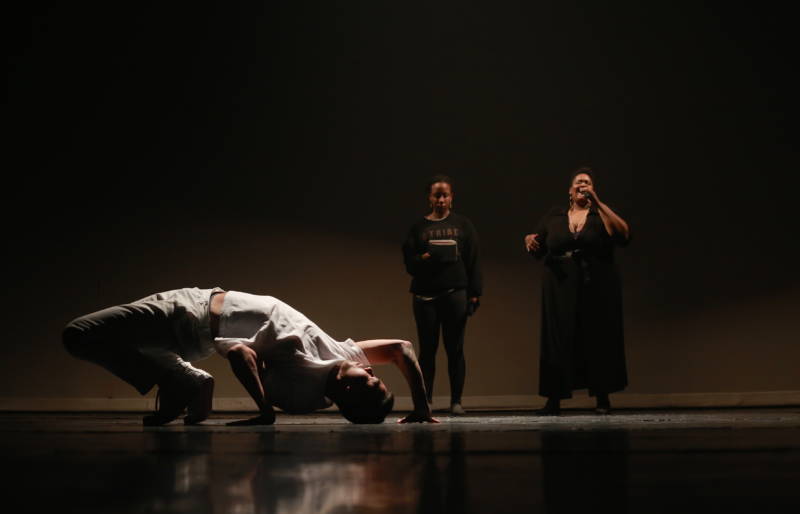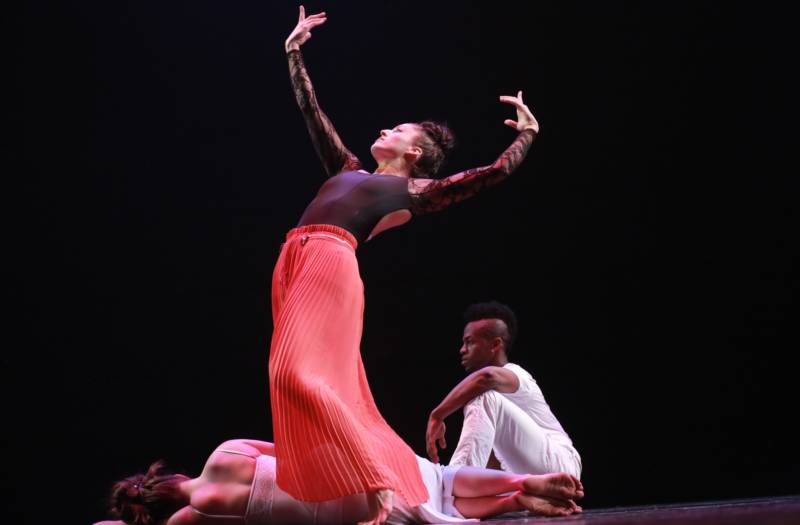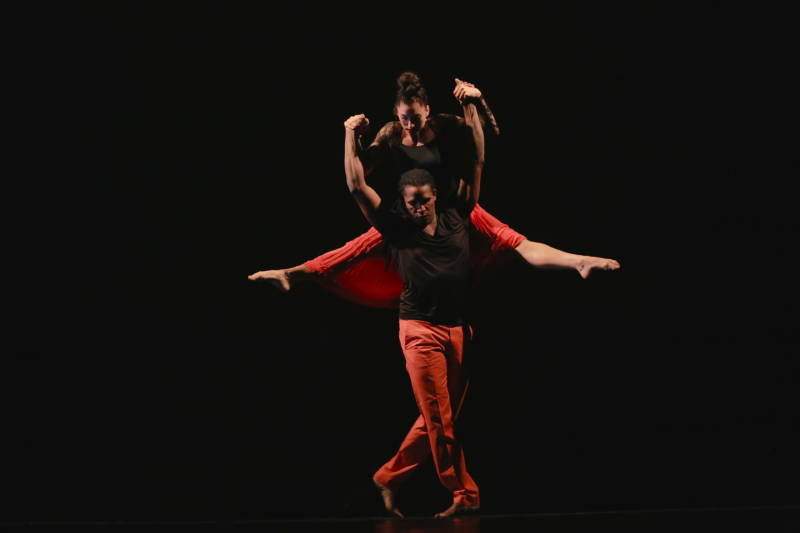The annual CubaCaribe dance festival hit Oakland last weekend, with its “Cuba on my mind” theme for 2016 arriving presciently a year into the Great Cuban Thaw. It’s also been barely a month since Barack Obama’s historic visit to Havana, in the aftermath of which Fidel Castro groused, “we do not need the empire to give us anything.”
But it’s safe to say the “empire” itself has greatly benefited from the Cuban diaspora. The vibrant Caribbean music and dance scene in the San Francisco Bay Area attests to the longstanding search by Cuban artists and others from nearby islands for freedom of expression and collaboration opportunities. Cuban ballet dancers, for example, continue to defect to the west, and many of them end up in the Bay Area. As Joan Acocella noted in a column last year for The New Yorker about the potential impact of the loosening of the trade and travel embargo on “the island’s most important artistic exports, music and dance,” these talented performers crave the modern, often experimental, repertory that is not permitted to flourish in authoritarian soil.
The three choreographers represented in the second weekend of the CubaCaribe festival riff on the “Cuba on my mind” theme with imaginative results. Revolution – in some form – is definitely on their minds.

In Chalk Outlines (Excerpts), a dance, poetry, vocal music, and theater piece created in response to deaths of non-whites as a result of police violence from choreographer Nicole Klaymoon’s Embodiment Project, commanding vocalists Valerie Troutt and Rashida Chase sing of Africa, “the mother of civilization,” and invoke Moses (“go tell Pharaoh/let my people go.”) The dancers, all in spanking white, perform crisp and ebullient street dance-style moves, tracing the shapes of corpses with their own bodies. Do we acknowledge the individual humanity of the victims of oppression, Klaymoon seems to be asking with this work, or are they just statistics and chalk outlines at a crime scene?



